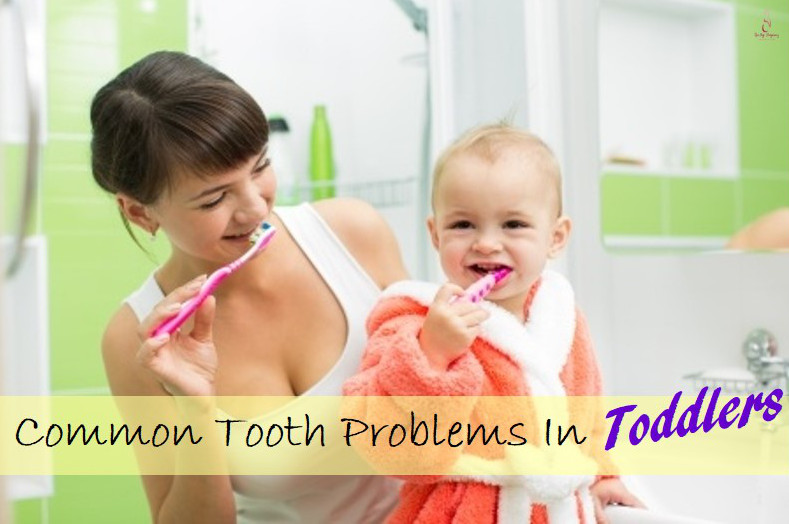
Your child’s toddler years are a period of great change and development. You will notice something new almost everyday – a gain of weight, a new tooth erupting in the mouth, improvement in dexterity and psychomotor skills, etc. As you enjoy this period of parenting, here are some common dental conditions that may affect your toddler and some tips to ensure your toddler grows up with healthy pearly whites.
Early childhood decay
Milk feeding (breast milk or formula) is essential for toddlers to obtain the nutrition necessary for healthy growth and development. Unfortunately, when milk feeding is done incorrectly, it can also be a major cause of early tooth decay in toddlers. This condition is so prevalent in modern societies that terms such as ‘milk bottle decay’ and ‘nursing caries’ have been coined to describe it.
The reason that milk feeds increase the risk of tooth decay in toddlers is that they contain sugar. Breast milk contains 7% lactose while formula milk generally contains variable (but high) amounts of sugars depending on the brand. However, not all toddlers who are on milk feeds develop tooth decay. What causes some toddlers to have at an increased risk compared to others?
The frequency and duration of the milk feeds are key factors. Research has shown that children who bring a milk bottle to bed, and/or fall asleep with the milk bottle in their mouths are at the highest risk of developing early tooth decay. This is due to prolonged contact of the sugars in the milk with the teeth. In some cases, early tooth decay has been associated with prolonged, on-demand breast-feeding past 1 year of age.
To reduce the risk of tooth decay, prolonged milk feeding habits in toddlers should be avoided.
Teething
Starting from the primary incisors at the age of approximately 6 months, the entire set of milk teeth gradually erupt into the oral cavity and the process is completed by the age of 3 years. Teething poses no problems for most toddlers but some may find it a painful and drawn out process.
There are some things that you can try before resorting to pain relief products or teething gels. These would include:
- Rubbing a clean finger over the sore gums to numb the pain temporarily.
- Give your toddler a teething ring to chew on. Solid silicone based teething rings are recommended over liquid filled ones.
- When the toddler is older, they may also find relief chewing on fresh, cooled fruits and vegetables such as cucumbers.
During the painful episodes, you may want to consult your dentist to rule out any other conditions that may be causing them pain.
Thumb sucking
Toddlers suck their thumbs because it is calming and comforting to them. Do not be too worried if your toddler sucks his or her thumb as most children can safely suck their thumbs without damaging the alignment of their teeth or jaws until age 6, when their permanent teeth begin to erupt.
Most children will stop thumb sucking between the ages of 2 and 4. Positive reinforcement is generally more effective than negative reinforcement. Some children may continue the habit longer than others but peer pressure in school is often a very effective deterrent.
It is important to note that the risk of damage increases with the intensity of the sucking habit. If you observe that your toddler sucks his or her thumb very vigorously, or if you are unsure if the habit is causing any problems, do consult your dentist.

BDS (Singapore)
Dental Surgeon, T32 Junior






